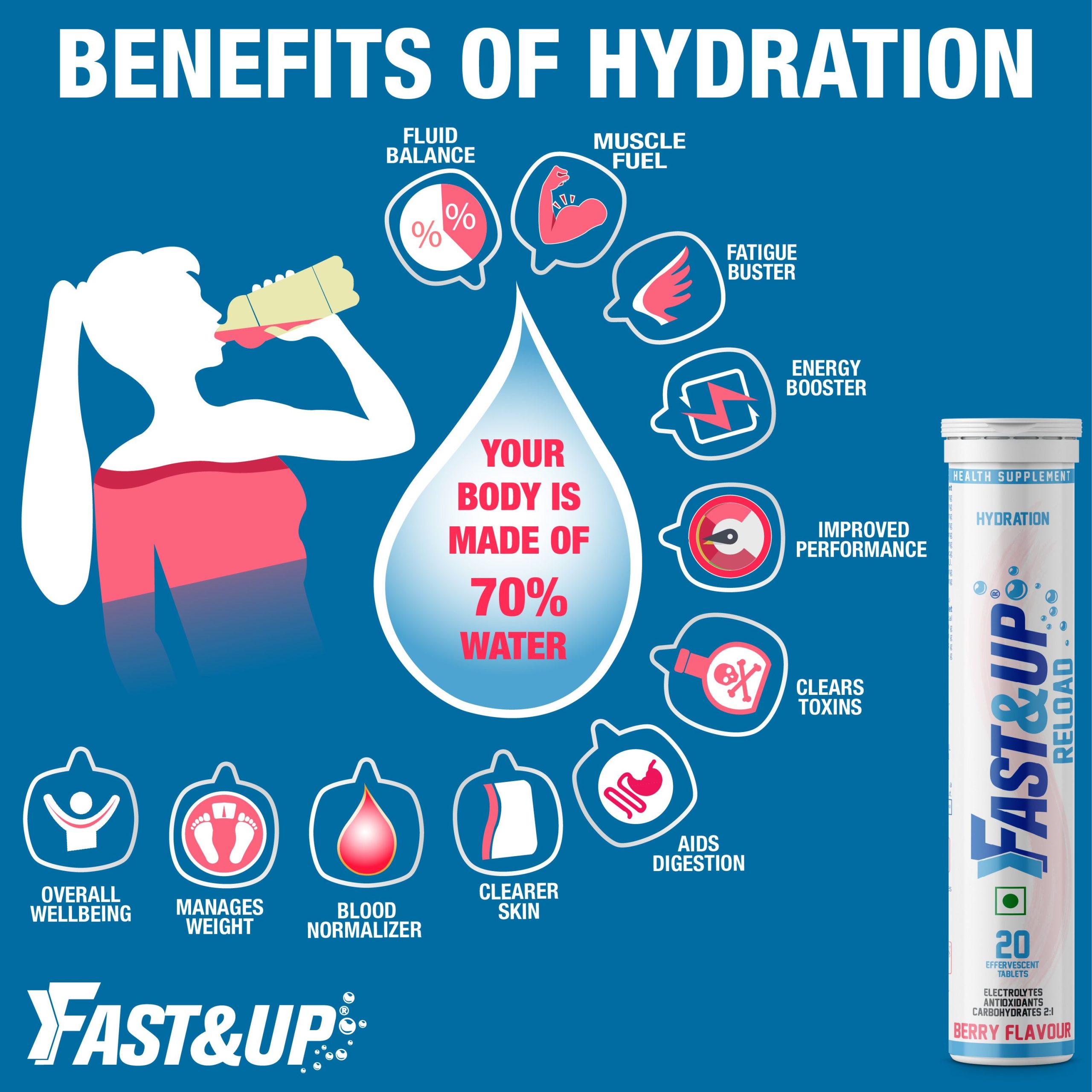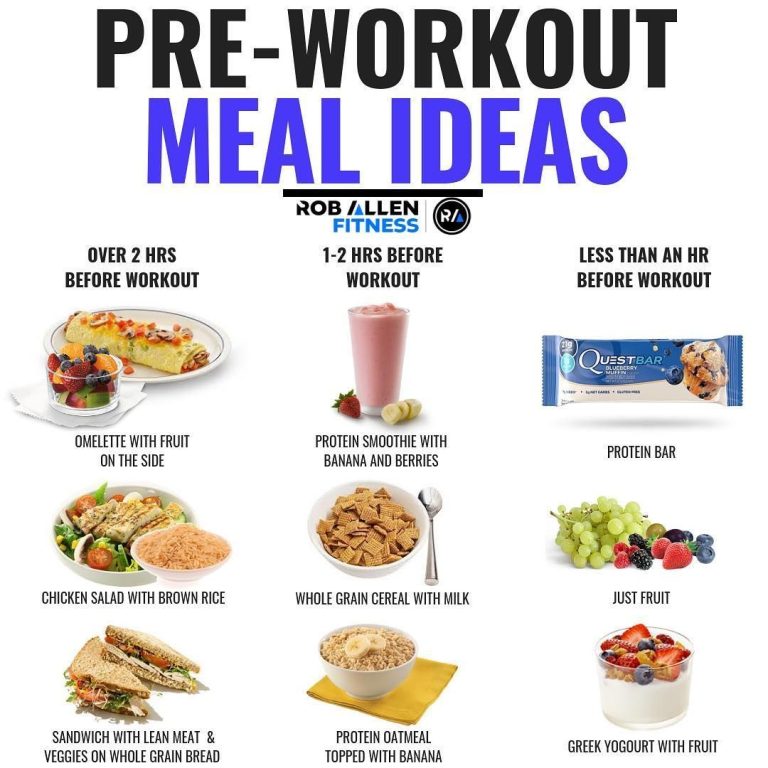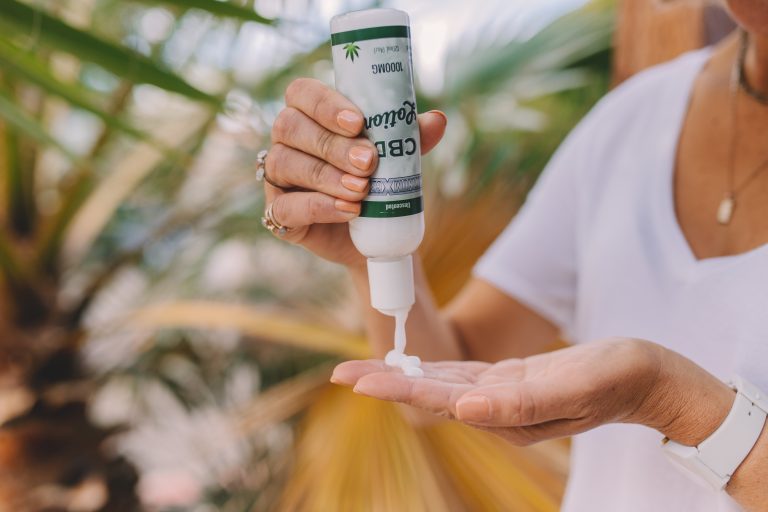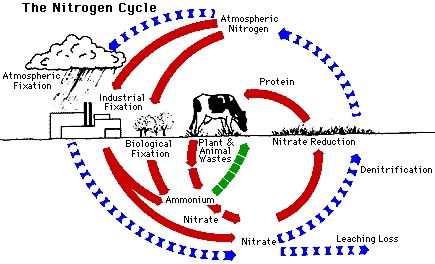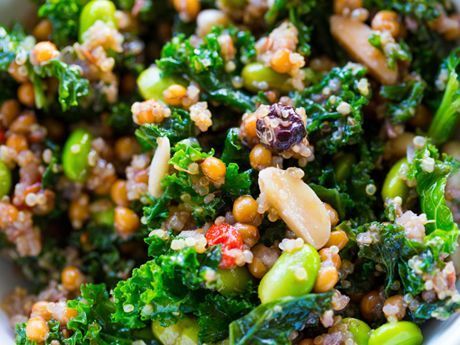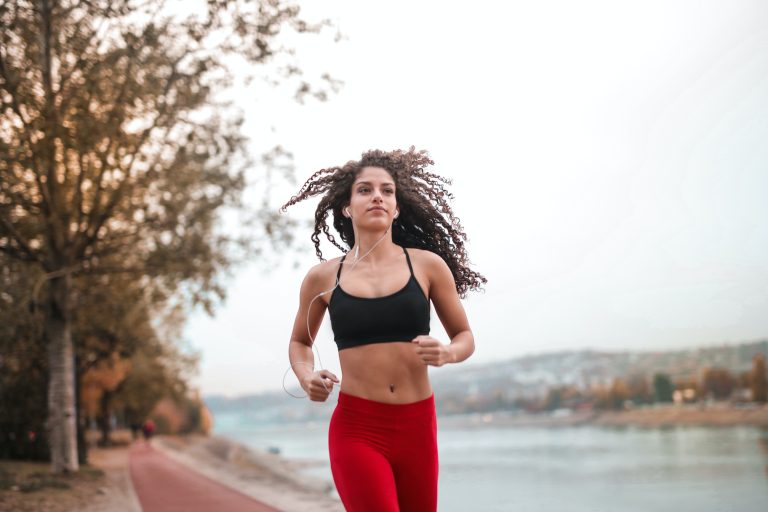Hydration plays a crucial role in athletic performance. Whether you’re a professional athlete or someone who enjoys exercising regularly, proper hydration is essential for optimal performance and overall health. In this article, we will explore the importance of hydration, the impact of dehydration on athletic performance, and tips on maintaining good hydration levels.
The Importance of Hydration
Hydration is important for everyone, but it becomes even more crucial for athletes. Water makes up a significant portion of our body, and it is responsible for various vital functions, such as regulating body temperature, transporting nutrients, lubricating joints, and aiding in digestion.
The Impact of Dehydration
When athletes don’t consume enough fluids to replace what is lost through sweating, dehydration occurs. Even mild dehydration can have a negative impact on athletic performance. Some common symptoms of dehydration include increased heart rate, decreased blood volume, muscle cramps, fatigue, dizziness, and impaired cognitive function.
Effects of Dehydration on Athletic Performance
Dehydration can significantly impair an athlete’s performance. It leads to a decrease in blood volume, which means less oxygen-rich blood reaches the muscles, resulting in reduced endurance and increased fatigue.
Furthermore, dehydration affects thermoregulation, making it harder for the body to regulate its temperature during exercise. This can lead to overheating and an increased risk of heat-related illnesses, such as heat exhaustion or heatstroke.
Tips for Maintaining Hydration
To optimize athletic performance, it is important to maintain proper hydration levels. Here are some tips to help you stay hydrated:
1. Drink Sufficient Water Daily
Make sure to drink enough water throughout the day, even when you’re not exercising. Aim for at least 8 cups (64 ounces) of water daily, but individual needs may vary.
2. Pre-hydrate Before Exercise
Before engaging in any physical activity, it’s essential to pre-hydrate by drinking 16-20 ounces of water 2-3 hours before exercise. This helps ensure you start your workout adequately hydrated.
3. Hydrate During Exercise
During exercise, aim to drink 7-10 ounces of water every 10-20 minutes to replace the fluids lost through sweating. If you’re engaging in intense or prolonged exercise, consider consuming sports drinks that contain electrolytes to replenish both fluids and essential minerals.
4. Re-hydrate After Exercise
Post-workout hydration is crucial for recovery. Drink 20-24 ounces of fluids for every pound lost during exercise. Water, sports drinks, or even chocolate milk can be good options for replenishing fluids and nutrients.
5. Monitor Urine Color
Keep an eye on your urine color as it can be an indicator of your hydration status. Pale yellow or straw-colored urine is a sign of proper hydration, while dark-colored urine suggests dehydration.
Conclusion
Proper hydration is essential for athletes looking to optimize their performance. Dehydration can have a significant impact on endurance, muscle function, thermoregulation, and overall well-being. By following the tips mentioned above and ensuring adequate fluid intake, athletes can maintain good hydration levels and perform at their best.
